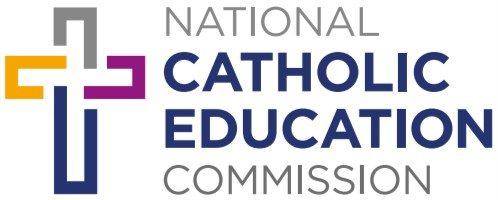National Catholic Education executive director Jacinta Collins provided a briefing to principals from NSW/ACT Religious Institute and Ministerial Public Juridic Person (RI & MPJP) schools last week highlighting some of the challenges and opportunities for Catholic schools.
Jacinta said there has been continued demand for faith-based schools in recent years, with enrolments increasing around 7.7 per cent from 2017-2022.
“Catholic school enrolment is at record numbers with the highest number of students, staff and schools in our 200-year history with sustained demand for Catholic schools and RI & MPJP schools nationally,” Jacinta said.
Catholic schools had positive attendance, retention and completion rates.
“In 2022, Catholic schools had higher than average school attendance for Year 1 – 10 students and the highest effective retention of Year 11 students transitioning to Year 12. In 2021, Catholic schools also had the highest proportion of secondary school completers awarded senior secondary certificates.”
Catholic schools had also made gains in improving access to disadvantaged groups.
“Since 2000, the number of Aboriginal and Torres Strait Islander students in Catholic schools has increased by 195.2%, students with disability make up 20.6% of the students in our schools, 41.9% of Catholic school students are funded for socio-educational disadvantage and nearly 40% of Catholic schools are located in regional, rural and remote areas.”
Jacinta said one of the NCEC’s national priorities was to improve student learning outcomes for all students, with 2022 NAPLAN results showing some encouraging results with improvement across all year levels in writing, with small gains in reading for Years 3 and 5 students nationally.
“We know there is still a way to go to lift results for all students, particularly in maths. At the national level, we are supporting greater collaboration across the Catholic sector to understand the national picture and share expertise across the country to better serve the needs of students and teachers.”
This includes the establishment of a national Mathematics working group to identify, develop, evaluate, and share best practice in maths, along with the development of learning and teaching resources to support schools in improving learning and teaching.
“The Commission’s Educational Excellence Standing Committee, comprised of Australian and international experts in the field of education, is supporting this work and advising the NCEC on leading excellence projects and initiatives.
Earlier this month, Jacinta also spoke at a dinner at Newman College, Melbourne on the Australian Law Reform Commission’s (ALRC) proposed reforms to anti-discrimination law affecting religious educational institutions.
Jacinta said a number of the reforms in the ALRC’s consultation paper, if adopted, would make it impossible for Catholic schools to be authentically Catholic, or Muslim schools to be Muslim, or Jewish schools to be Jewish.
“Australia needs a broader legislative framework for religious freedom, and this must be in place before, or at the same time as, changes are made to anti-discrimination legislation that currently protects religious rights,” she said.
Photo: NCEC commissioner, NCEC Faith Formation & Religious Education Standing Committee chair and St Scholastica’s College principal Kate Rayment with NCEC executive director Jacinta Collins and NCEC commissioner Emeritus Professor Marea Nicholson OAM representing the Committee of Religious Institute and Ministerial Public Juridic Person School Authorities Australia.
